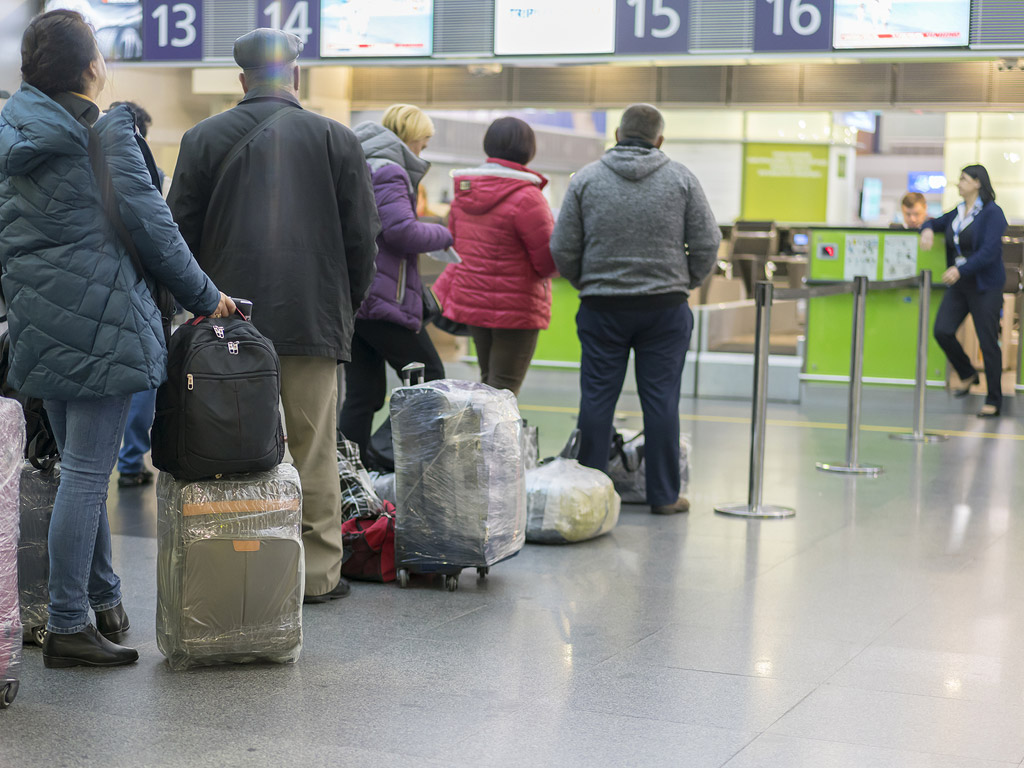
Iata lists three strategies for govts to handle health threats
DOHA, Qatar, June 22, 2022
Iata has called for governments to apply the lessons learned from the dismantling of global connectivity in response to Covid-19 to ensure that future global health threats can be effectively managed without closing borders.
The International Air Transport Association (Iata) has called for governments to apply the lessons learned from the dismantling of global connectivity in response to Covid-19 to ensure that future global health threats can be effectively managed without closing borders.
“It’s vital to restore public confidence in government handling of health crises and border restrictions. Much of the damage was caused not by fear of the virus, but fear of sudden and arbitrary border restrictions imposed by authorities. Understanding the significant lessons from the pandemic will be crucial to managing future health crises in a way that ensures borders should not have to close again,” said Conrad Clifford, Iata’s Deputy Director General.
With air traffic now rebuilding after more than two years of crisis, three key lessons have emerged for governments.
1. Evidence confirms that border measures are not an effective global strategy to control a pandemic. The WHO have long held that closing borders is not a solution to health crises. Evidence supports that view.
Research undertaken by OXERA/Edge Health revealed that even if a new Covid variant was discovered and travel restrictions were introduced immediately, this would only delay the peak of infections by a maximum of four days.
2. Governments should balance health measures with economic and social impacts. Though the evidence for restrictions is unproven, the impacts of reduced air connectivity are clear. Politicians therefore must balance the economic and social benefits of air connectivity against the need for health-related travel restrictions.
Public understanding of the economic importance of air connectivity is high—92% of travellers agree that air connectivity is critical for the economy.
“We urge governments to listen to WHO advice on the need to keep borders open. And we are calling for independent research into the effectiveness of policies that balance health measures with the social and economic benefits of air connectivity, with a view to agreeing a set of global recommendations for handling future health crises,” said Clifford.
3. Traveller confidence requires logical rules and clear communication. Public confidence is adversely affected by arbitrary rule-making and poor or contradictory information. But throughout the pandemic, the rules and messaging around border restrictions were confusing and illogical.
The Iata passenger survey shows why it is important that governments adopt a consistent approach to travel rules. Some 59% of people still report that ‘understanding the rules was a real challenge’, 57% that ‘paperwork was a challenge to arrange’, and 56% that ‘the travel experience was much less convenient.’
Rules on mask wearing on board are increasingly seen as unnecessary. A majority of passengers now believe that masking should be stopped altogether, or should not be required if it has been lifted for other environments such as offices.
To give the public greater confidence in the predictability of travel, governments should:
• Adopt guidance for how public health measures, once introduced, will be removed
• Simplify and digitize travel bureaucracy and paperwork with common standards and mutual recognition of digital health credentials.
“Already, 71% of travellers believe that they should be traveling as they did before the pandemic. As the return to normal accelerates, we will be back to a world where our biggest concerns focus on the sustainable growth of aviation. But that does not mean that governments and industry should forget the lessons from this pandemic. There will be more global health threats. Applying the lessons of the Covid-19 pandemic to future health crises is the best way to ensure that the sacrifices made by millions of people were not made in vain,” said Clifford. – TradeArabia News Service







